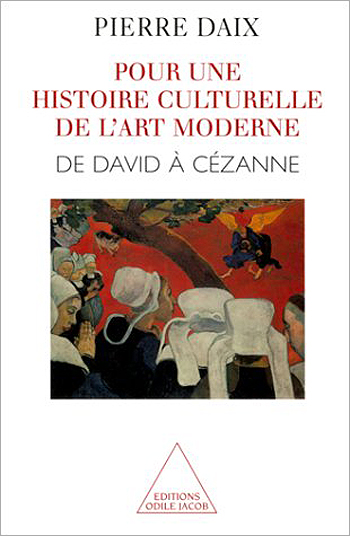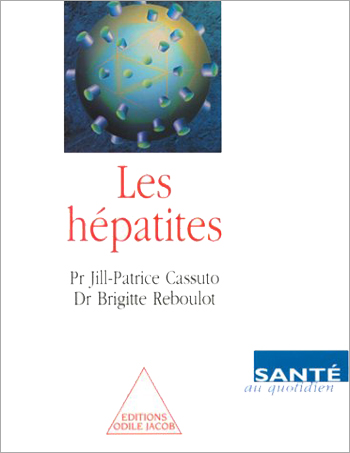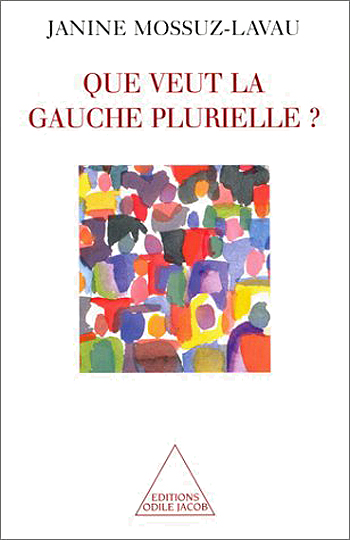Catalog All books

Stanley Greenspan, Jacqueline Salmon
The Challenging Child (Coll. Opus) Understanding, Raising, and Enjoying the Five
There always comes a time when parents think that their child has become impossible. Hyper-sensitivity, withdrawal, systematic indiscipline, concentration difficulties, aggressiveness : through five cases of difficult children, Stanley Greenspan explains how to help by emphasising the sensory and motional differences of each of child. Importantly this book allows parents to identify for themselves the personality of their child, in order to find in the childs weaknesses the ingredients for future success. Stanley Greenspan is a doctor of medicine, and a teacher of psychiatry, behavioural psychology et paediatrics at the George Washington Faculty of Medicine in the United States. Jacqueline Salmon is a journalist at the Washington Post.

Rita Levi Montalcini
Praise of Imperfection New Edition
Rita Levi Montalcini's life has been entirely dedicated to scientific research. She grew up in a tightly knit Jewish family and studied medicine in Turin. Forced into inactivity by the racist laws of Fascist Italy, she set up a makeshift laboratory in her bedroom and began studying the development of the nervous system. Her research, which she completed in the United States after the war, led to the discovery of the nerve growth factor whose role is to stimulate the growth of nerve fibres. Her autobiography, written with warmth and simplicity, traces the progress of her life, including being awarded the Nobel Prize for Medicine.

Jacques Delors
France and Germany - the Leap Forward
"During the past fifty years, the Franco-German ship has been shaken by numerous storms--although they never seriously halted her forward movement. In our opinion, strengthening the friendship between our two countries and working towards European political union will not lead to the loss of our French and German identities, nor will it dampen their vitality, for there can be no great design unless our national communities are fully alive and strengthened by a sense of social and citizens' cohesion." Jacques Delors
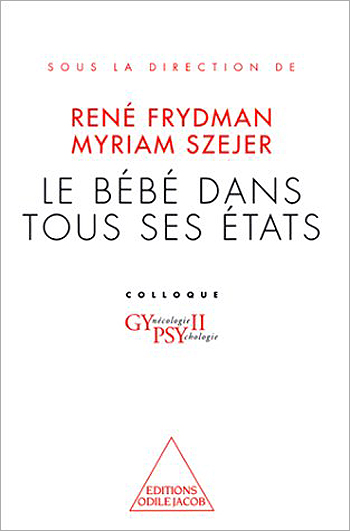
René Frydman, Myriam Szejer
The Baby Through All Stages of Development Gypsy II Conference
Can communication be established with new-born infants? Is it true that certain forms of sensory information can be transmitted to foetuses? How can doctors detect medical disorders which are the expression of psychic suffering in infancy? Can psychoanalysis help to relieve such disorders? To produce this report, paediatricians, midwives, psychotherapists, psychoanalysts, and researchers pooled their experience to provide a better understanding of what makes human beings develop harmoniously. The Gypsy II Conference was held in association with the organisation known as "La Cause des Bébés".
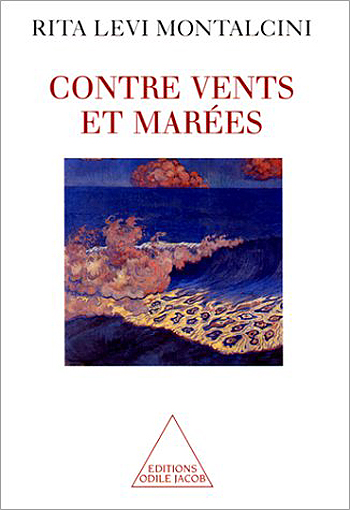
Rita Levi Montalcini
Against All the Odds
What do Primo Levi, the author of one of the most powerful accounts of life in a Nazi death camp, and Max Delbrück, one of the founding fathers of molecular biology, have in common? The answer is that they--as well as the others described in this book--were able to face the trials and tribulations of their lives with exceptional courage, and without losing their sense of humanity. Through a series of portraits, drawn with great warmth and restraint, Rita Levi Montalcini recounts the course of several exemplary lives. Rita Levi Montalcini taught neurobiology at Washington University for thirty years.
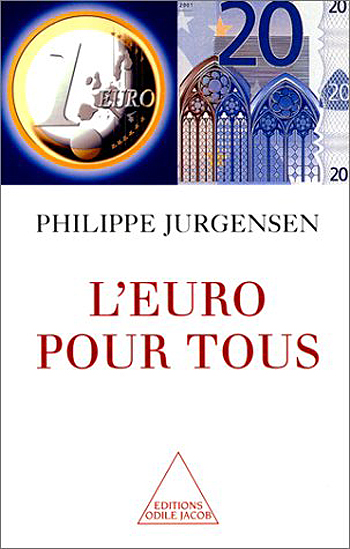
Philippe Jurgensen
The Euro For All
How much is one Euro worth? How should an invoice for 327.53 French francs be converted? How should amounts be rounded off and new prices established? When will taxes and the rent have to be paid in the new European currency?How can managers prepare their companies so that the transition will be made smoothly? What is the best way of protecting one's savings? How will the changeover to the new monetary system affect employment and economic growth? This book will provide readers with the necessary information to enable them to calmly face the upheavals of monetary union. Philippe Jurgensen is a senior official of the French Treasury
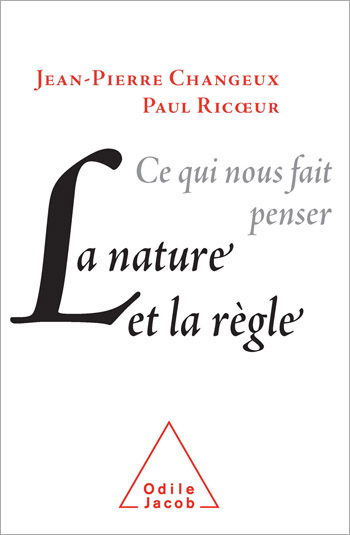
Jean-Pierre Changeux, Paul Ricœur
What Makes Us Think Nature and Rules
'The intention of this book was to put a scientist and a philosopher face to face and spark a dialogue between them on neuroscience, on their results and projects, and their ability to carry out a debate on ethics, its norms, and on peace. In France, ideas are rarely openly discussed. Serious debates are too often hindered by dogmatic statements, one-sided criticisms, incomprehensible discussions and glib mockery, with little or no thought for the solidity of the arguments, which aim only to appear plausible or worthy of being argued, rather than convincing. A totally free and open dialogue between a scientist and a philosopher is necessarily a highly unusual experience for both.' Paul Ricur and Jean-Pierre Changeux Paul Ricur is an honorary professor at the University of Paris-X and an emeritus professor at the University of Chicago. Jean-Pierre Changeux, a member of the French Academy of Science, teaches at the College of France and the Pasteur Institute.
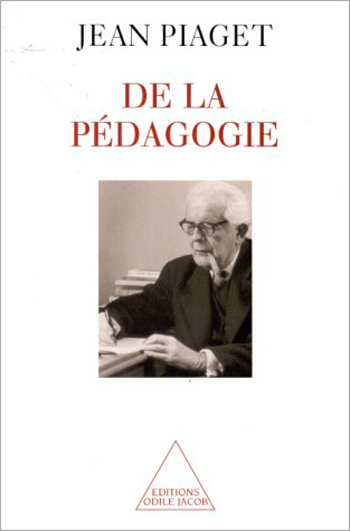
Jean Piaget
Of Education
What is the teacher's role and how important is it in a child's education? Should this role include the shaping in the child's mind of the tools with which to grasp and comprehend the world? How should activities be presented so as to be easily understood by children? What are the difficulties that children encounter when resolving mathematical problems? Pedagogical methodology, the role of the educator, and the child's autonomy : these are some of the subjects that Piaget reflected on throughout his life and which remain central to educational concerns today.
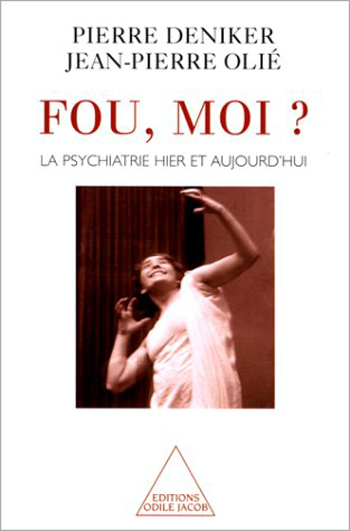
Pierre Deniker, Jean-Pierre Olié
Crazy, Me ? Psychiatry Today and Yesterday
An increasing number of mental patients are being treated outside the stereotypical confines of mental institutions. This trend is often financially motivated, since the cost of institutional care is high. But the psychological advantage to the patients is often contested. Should its demise be encouraged? Need mental institutions necessarily be places of repression and exclusion? What is the position of mental illness in our society--given contemporary therapeutic progress and advances in medication? Jean-Pierre Olié and Pierre Deniker are psychiatrists.

